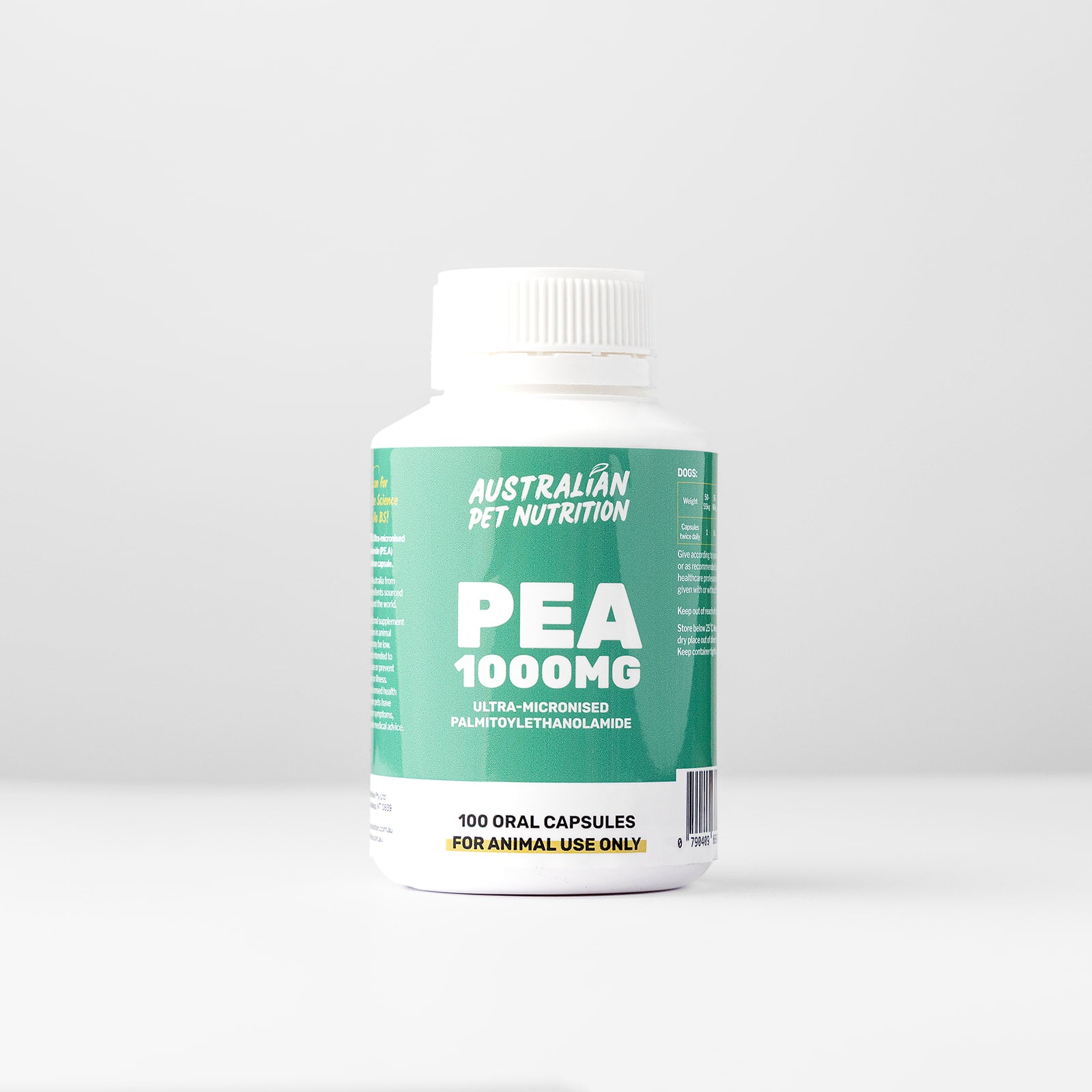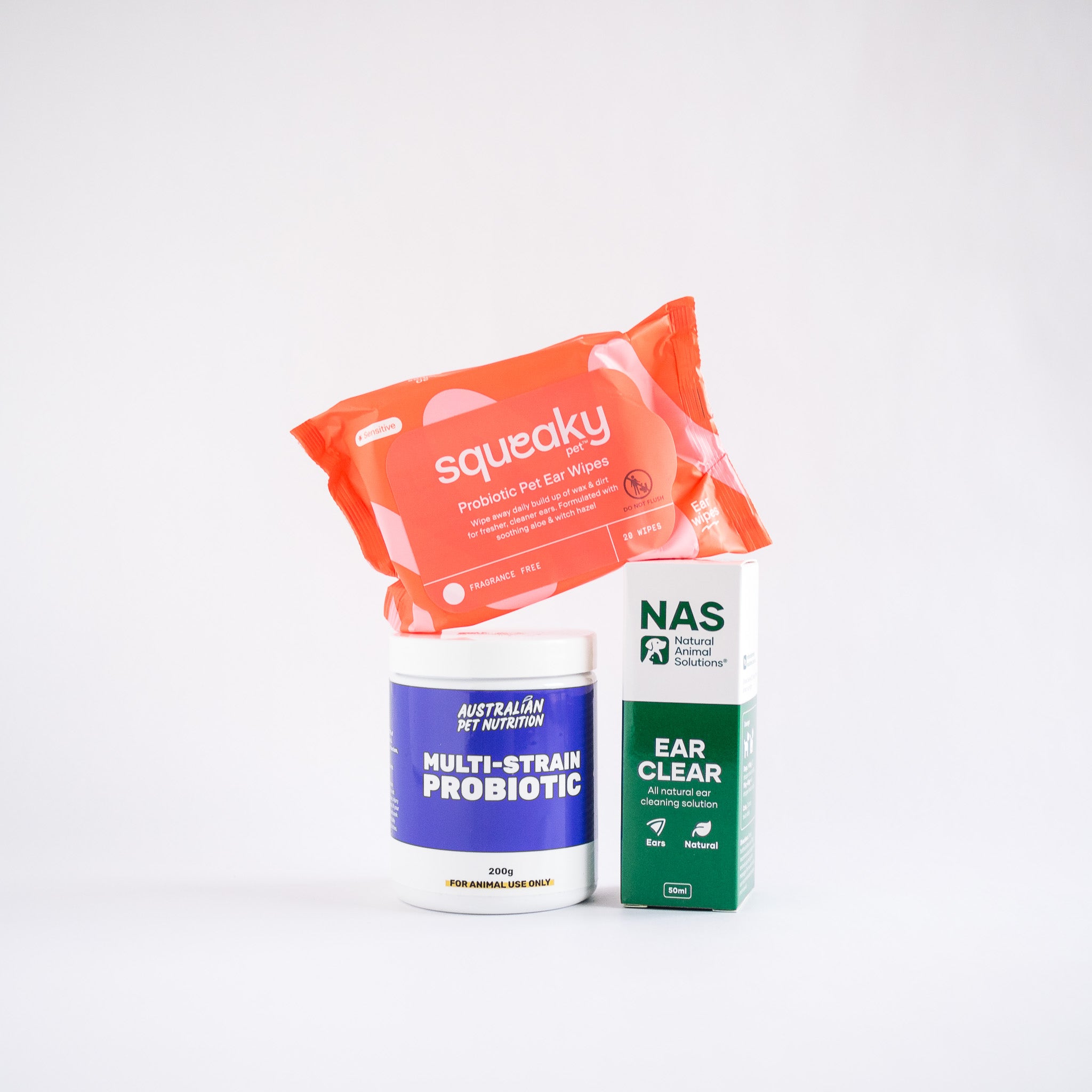Dental Health
Studies show by 2 years of age, 80% of dogs and 70% of cats have some form of periodontal disease because they’re not eating their biological diet that nature intended. Small and toy breed dogs are particularly susceptible.
Highly processed dental sticks contain compacted cereals, cereal by-products (can cause skin & gut issues), Starch, Humectant, Sodium Tripolyphosphate (E451) and artificial flavours & preservatives. Contrary to widely spread processed pet food marketing and conventional veterinary advice, dry food (kibble) actually makes teeth worse! Read our blog about that here.
Raw meaty bones are natures toothbrush and fed at least 4 times a week can help prevent expensive and risky dentals later on in life.
Chewing is a natural behaviour for any puppy or dog (particularly puppies!). We must provide for that outlet to prevent chewing of things we don't want them to chew and to prevent other unwanted behaviours. They are an essential part of a dog and cats biological diet. It's what nature intended.
Chewing on a raw meaty bone releases happy hormones serotonin and dopamine from the brain making them happy and contented. Chewing is a calming activity.
Puppies must have bones in their diet. They need calcium and minerals from nature for proper development and growth of their bones. Synthetic calcium supplements are not recommended as they can do more damage than good.
Bones must be raw, never cooked or dried and suitable for the size and age of dog. We have the NT’s largest range of bones suitable for small to large puppies and dogs, including duck wings, turkey necks, croc legs, organic chicken bones, lamb bones, beef brisket and 4 types of Roo bones just to name a few.
If you've never fed bones and are nervous or need some help on how to start, come in and chat to our staff. We will help you select bones appropriate for your puppy or dogs' size and age.
Cats need raw bones too! It's best to start them off as kittens with chicken wing tips and chicken necks.
Poultry is the softest bone which is why they should be the first bones puppies and kittens are offered.
Weight-bearing bones such as marrow bones should not be fed as they're too dense - chipping and cracking teeth and it cannot be digested.
If your dog or cat won't eat bones or you're still not keen at all, we have many natural chewy treats that can help and also fresh frozen trachea (cartilage) and whole frozen pilchards which will help massage those teeth and gums and help you get your confidence before trying bones.
References
-
Harvey, C. E., & Emily, P. (1993). Periodontal disease in dogs: Etiology and pathogenesis. Journal of Veterinary Dentistry, 10(1), 13–20.
-
Hale, F. A. (1998). Periodontal disease in dogs and cats: The consequences and treatment. Veterinary Clinics of North America: Small Animal Practice, 28(5), 976–985.
-
MSD Veterinary Manual. (n.d.). Periodontal disease in small animals. In MSD Veterinary Manual.
-
Gorrel, C., & Rawlings, J. M. (1996). The role of tooth brushing and diet in the maintenance of periodontal health in dogs. Journal of Veterinary Dentistry, 13(4), 139–143.
-
Marx, F. R., et al. (2016). Chewing bones: An effective method of removing dental calculus in dogs. Australian Veterinary Journal, 94(1–2), 18–23.
-
Veterinary Information Network. (n.d.). Dental health and nutrition in dogs. Veterinary Information Network (VIN).
-
Coates, J. (2014, August). Dry food and dental disease in dogs. PetMD.
-
Hale, F. A. (2003). Dental and oral examination techniques in dogs and cats. Journal of Veterinary Dentistry, 20(1), 26–34.
-
Verstraete, F. J. M. (1996). Periodontal disease and oral pathology of dogs and cats. Veterinary Clinics of North America: Small Animal Practice, 26(5), 1113–1139.








